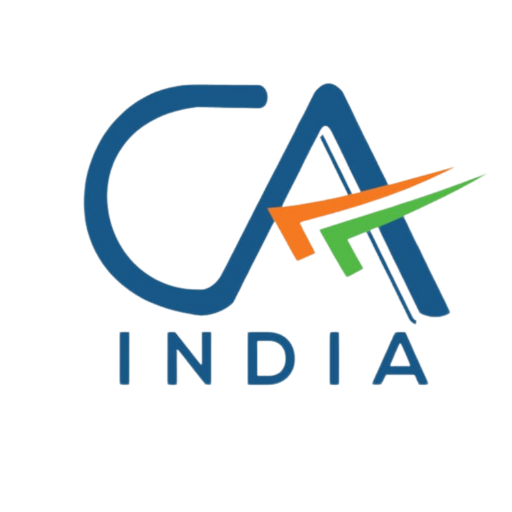Empowering Dreams, Fueling Growth: MSMEs at the Heart of Progress Micro, Small, and Medium Enterprises.
About MSME Service
MSME service refers to the support and initiatives provided by the Ministry of Micro, Small, and Medium Enterprises to promote and develop the MSME sector in India. These services include financial assistance through loans and subsidies, skill development programs, marketing support, technology upgradation, and infrastructure development. MSME services aim to enhance the competitiveness of small businesses, facilitate market access, and provide regulatory and compliance guidance. By offering these services, the government seeks to foster innovation, increase productivity, and contribute to economic growth by empowering small businesses and entrepreneurs.
Documents Required for Registration
Benefits of MSME :-
The MSME (Micro, Small, and Medium Enterprises) sector enjoys various benefits in India, aimed at fostering growth, promoting entrepreneurship, and boosting economic development. Some of the key benefits include:
- Priority Sector Lending: Banks are mandated to allocate a certain percentage of their lending to the MSME sector, ensuring access to credit at preferential rates.
- Financial Assistance and Subsidies: MSMEs are eligible for various financial assistance schemes and subsidies from the government to support their growth and development.
- Tax Benefits: MSMEs can avail of tax incentives, such as lower income tax rates, exemption from certain taxes, and reduced compliance requirements under the GST regime.
4. Priority in Government Procurement: MSMEs receive preference in government procurement processes, facilitating market access and providing opportunities for business expansion.
5. Technology Upgradation Support: Government schemes and initiatives provide support for technology upgradation and modernization of MSMEs to enhance productivity and competitiveness.
6. Skill Development Programs: MSMEs benefit from skill development programs and training initiatives to improve the capabilities of their workforce and enhance overall efficiency.
7. Marketing Assistance: Government agencies and industry bodies provide marketing support and assistance to MSMEs, including participation in trade fairs, exhibitions, and promotional events.
8.Infrastructure Support: MSME clusters and industrial estates receive infrastructure development support from the government to create conducive business environments and attract investment.
9.Protection Against Delayed Payments: The Micro, Small, and Medium Enterprises Development Act, 2006, ensures timely payment to MSMEs for goods and services supplied to larger companies.
10.Ease of Doing Business: Simplified regulatory compliance procedures, ease of registration, and reduced bureaucratic hurdles make it easier for MSMEs to start and operate businesses.
These benefits contribute to the growth and sustainability of the MSME sector, which plays a crucial role in employment generation, industrialization, and overall economic development in India.
Frequently Asked Questions
MSME stands for Micro, Small, and Medium Enterprises. It refers to businesses with defined investment and turnover criteria, contributing significantly to economic growth, employment, and entrepreneurship development in India.
Yes, Goods and Services Tax (GST) registration is mandatory for certain MSME (Micro, Small, and Medium Enterprises) companies in India. Here are the criteria determining the obligation for GST registration:
- Turnover Threshold: MSMEs with an annual aggregate turnover exceeding ₹40 lakhs (₹20 lakhs for northeastern and special category states) for the supply of goods are required to register for GST. For service providers, the threshold is ₹20 lakhs (₹10 lakhs for northeastern and special category states).
- Inter-State Supply: MSMEs engaged in inter-state supply of goods or services are mandatorily required to register for GST, irrespective of their turnover.
- E-Commerce Operators: MSMEs operating as e-commerce operators, facilitating the supply of goods or services through their platform, are also required to register for GST, irrespective of their turnover.
- Reverse Charge Mechanism (RCM): MSMEs liable to pay tax under the reverse charge mechanism, where they are required to pay tax on purchases instead of sales, need to register for GST.
- Voluntary Registration: MSMEs, even if not mandatorily required, can opt for voluntary registration for GST to avail benefits like input tax credit and participate in the formal economy.
Failure to register for GST when required can lead to penalties and legal consequences. Therefore, MSME companies should assess their eligibility for GST registration based on the above criteria and comply with the registration requirements accordingly.
Mybiziso provides MSME application services in all over India.

